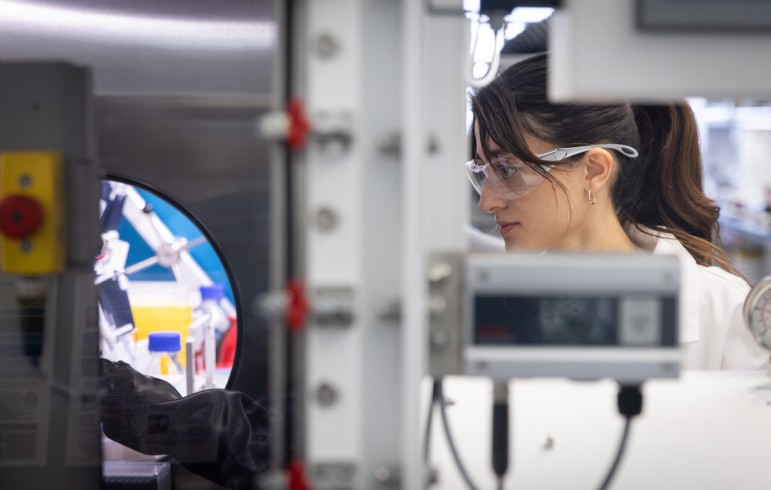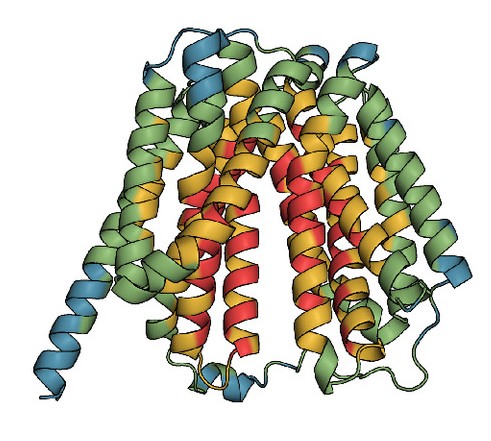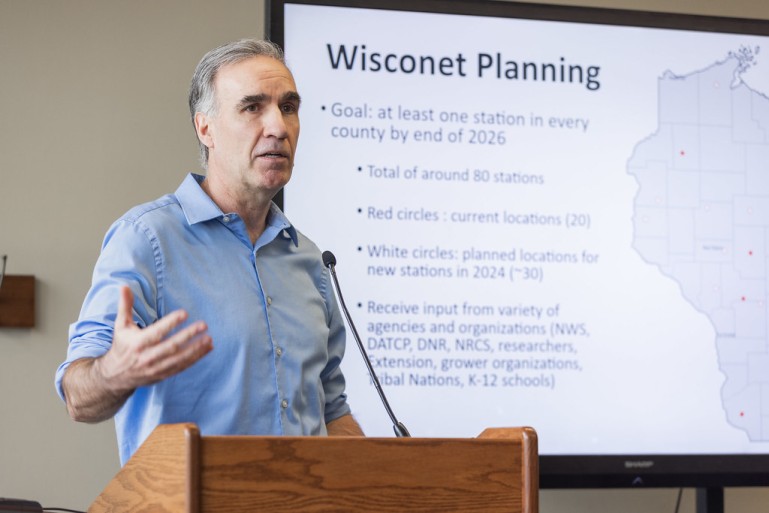Armed with a passion for the environment and dreams of revolutionizing electricity generation, students from Wisconsin and northern Illinois journeyed to the University of Wisconsin–Madison earlier this month to test their engineering skills in the 2023 KidWind Challenge.
The U.S. Department of Energy has awarded a University of Wisconsin–Madison based research center another five years of funding to develop sustainable alternatives to gasoline, diesel and other hydrocarbon fuels as well as products currently made from petroleum.
Fourth-year PhD student studying Electrical and Computer Engineering, Maitreyee Marathe was one of five UW-Madison College of Engineering students to win an award for the Flash Talk session at the Energy Research Showcase.
Jaime Garibay Rodriguez is a postdoc in the Morgan Edwards' Climate Action Lab studying sustainable energy transition systems. He got his Ph.D. in Chemical Engineering at Instituto Tecnológico de Celaya, Mexico. He provides insight on the importance of mentors and interdisciplinary collaboration.
Industrial production of steel, cement and plastics emits a significant amount of carbon into the atmosphere. While viable options at scale for decarbonizing such industries don’t yet exist, Luca Mastropasqua is leveraging his expertise in electrochemical systems to develop more sustainable solutions for industry sectors that are difficult to decarbonize.
Ciaran Gallagher is a graduate researcher in the Holloway lab studying air quality models. Ciaran studied environmental chemistry at Wellesley, but has since used her analytical skills outside of the laboratory to assess science policy and environmental justice.
Wisconsin Energy Institute researcher Troy Runge has been appointed associate dean for research in the UW–Madison College of Agricultural and Life Sciences.



